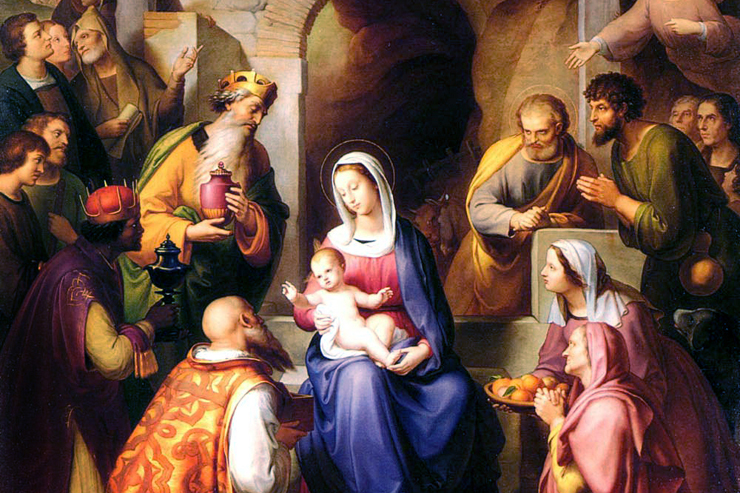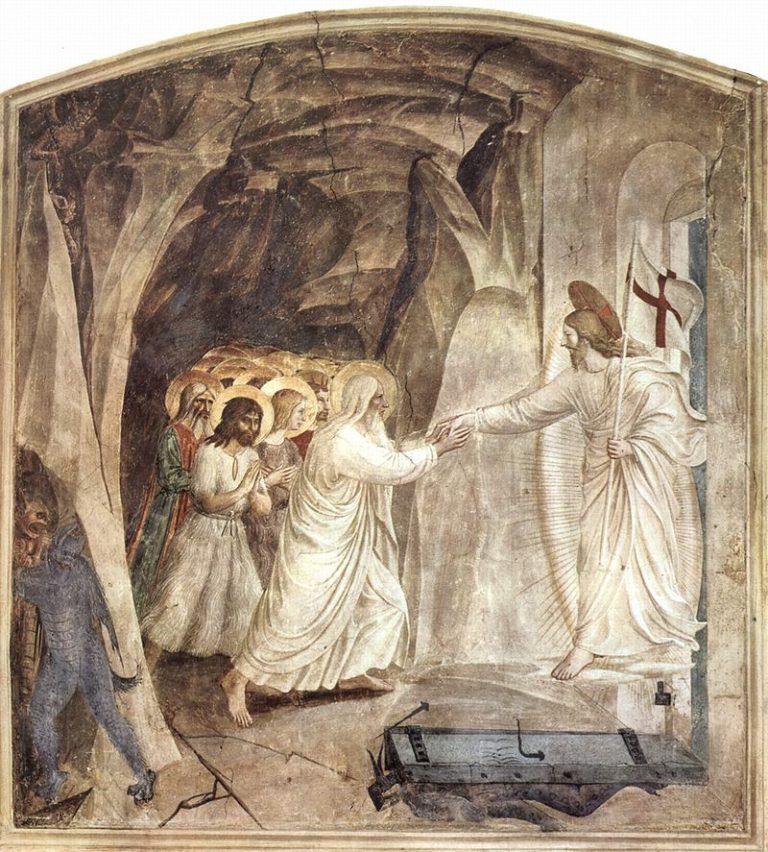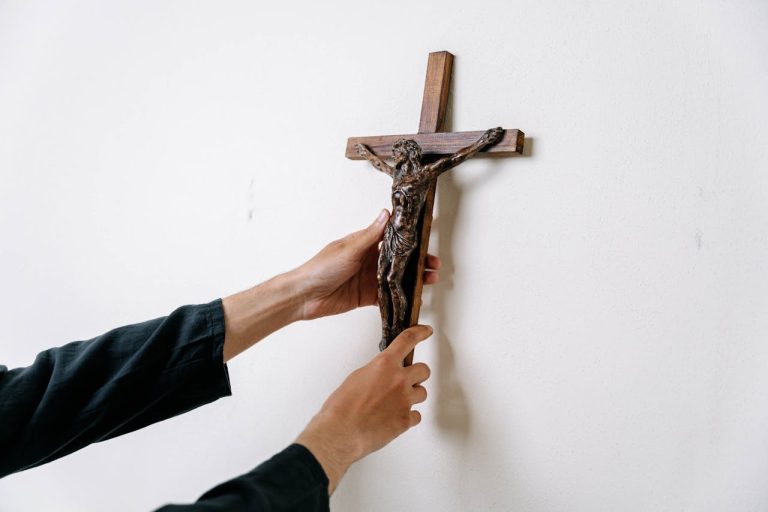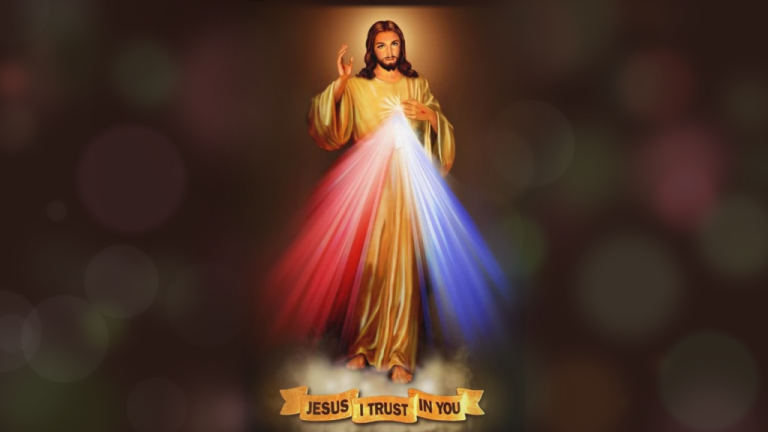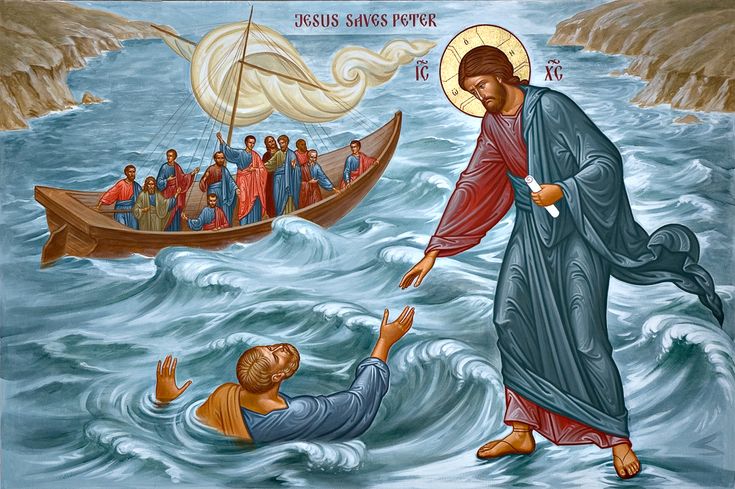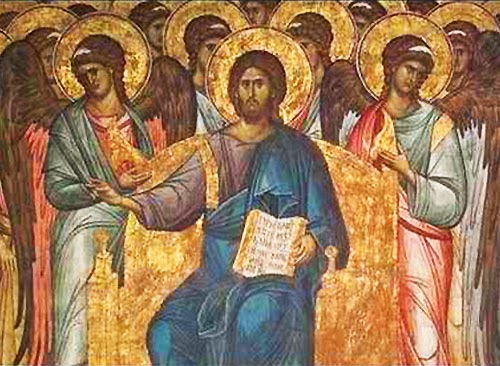John the Baptist knew that Jesus was the Messiah, the one whose “sandals I am not fit to fasten”. He’d known that since he leapt in his mother’s womb when Mary and the unborn Jesus visited.
He knew that Herod would have him killed. He had attacked the validity of Herod’s marriage. That made his wife insecure about her position. She was so desperate for power that she wanted everyone to know: “The last thing my enemies will see from their severed head’s still functioning eyes will be my face, leering at them! I will have their eyelids pried opened to ensure that!”, threatened this typical, power-crazed woman.
John the Baptist was concerned about his followers. He did not want them left alone, and wandering. He knew they had broad support in the area, and that they may be led into starting one of the many, many sects that ended in confusion and death.
Lk 7:18-23 shows how John the Baptist made sure his followers would switch their allegiance to Jesus, and be saved, rather than be led astray by schismatic vanity. He did not want them to undermine all that had happened, so he ensured they would be the first non-Protestants:
“At that time, John summoned two of his disciples and sent them to the Lord to ask, “Are you the one who is to come, or should we look for another?” When the men came to the Lord, they said, “John the Baptist has sent us to you to ask, ‘Are you the one who is to come, or should we look for another?’”
At that time Jesus cured many of their diseases, sufferings, and evil spirits; he also granted sight to many who were blind.
And Jesus said to them in reply, “Go and tell John what you have seen and heard: the blind regain their sight, the lame walk, lepers are cleansed, the deaf hear, the dead are raised, the poor have the good news proclaimed to them. And blessed is the one who takes no offense at me.”
The evidence of their eyes, and the words of Jesus, totally convinced them that Jesus was Lord. After John was killed, it is reasonable to assume that they followed Jesus. John the Baptist’s disciples may have been among those at The Last Supper and the times that followed.
It is, perhaps, Jesus’ last miracle that none of these men, well-connected, and with a base of reliable financial supporters, confused people by inventing their own, somewhat Christian religion.
That would wait until Martin Luther.



